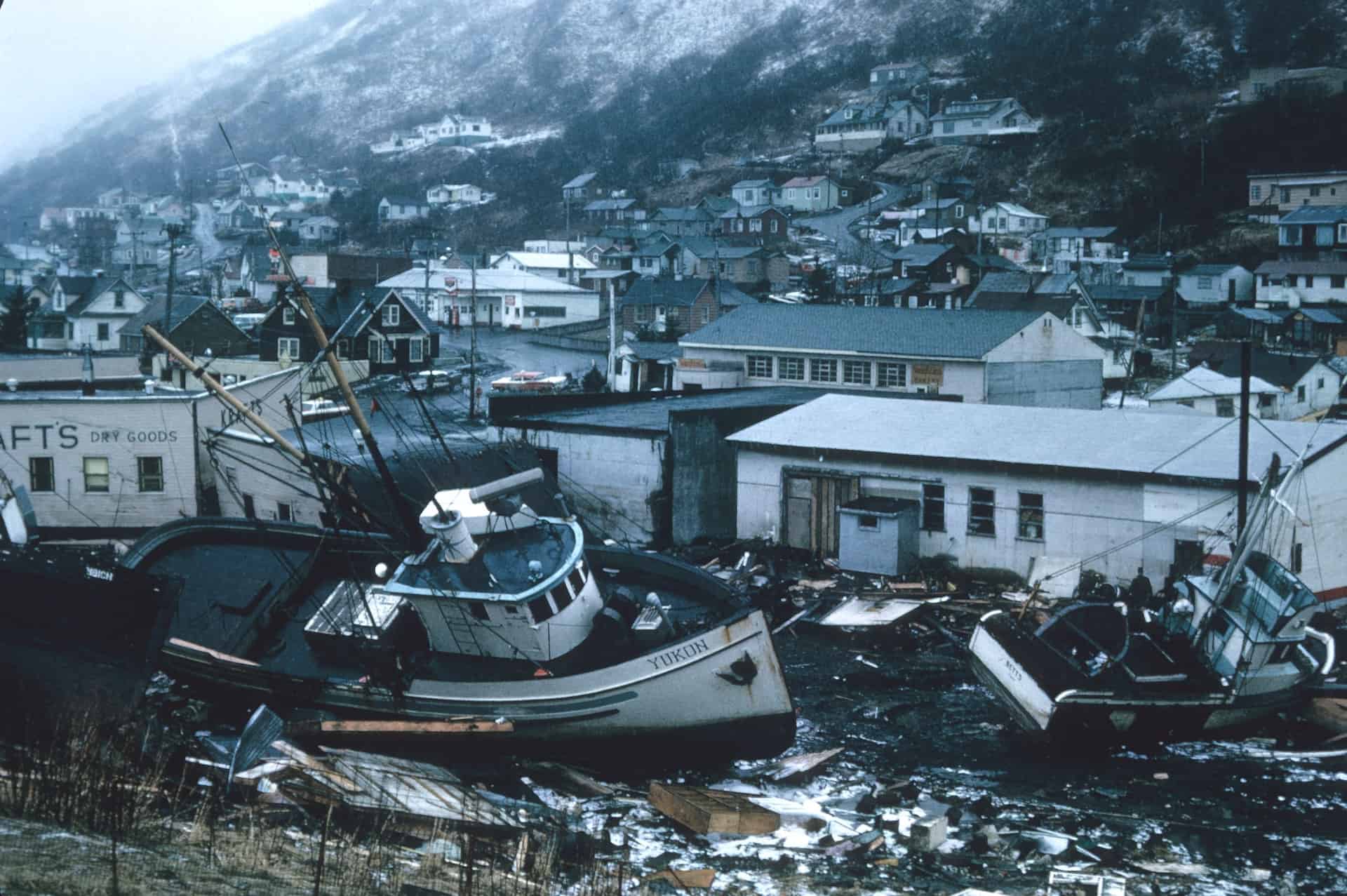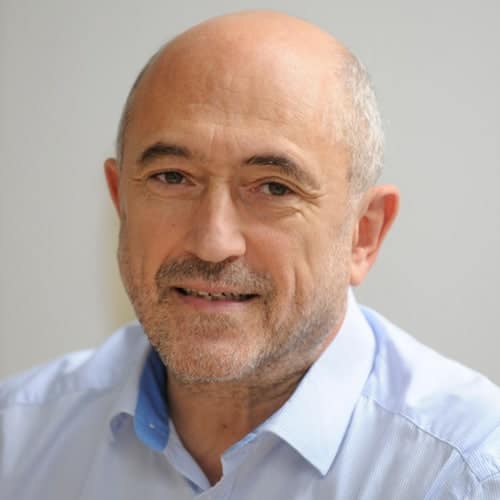NEW IDEAS IN COMPLEXITY SCIENCE
On May 24th, 2018, the First External Faculty Meeting of the Hub started with a public conference.
In short talks complexity scientists from all around globe shared their visions on the question “Complexity: Where do we go from here?”
What are the open, the most pressing, the most promising questions to an understanding of complexity and Big Data?
Find the talks of all conference participants (in order of appearance) on our Youtube channel in the playlist of the conference.
An overview with photographs of the event and links to all available slides can be found here.
JANÓS KERTÉSZ
“BURNING PROBLEMS, MISSING ANSWERS”
The first afternoon session ended with a talk by Janós Kertész, a professor at the Budapest University of Technology and Economics and at the Center for Network Science of the Central European University. Janós looks at the problems humans face, with ever more global crises, the acceleration of the rate of change and why complexity scientists need a different approach.
Janós begins his talk looking back at 1990, the reunification of Germany and the optimism that followed, with hopes for more equality, the spread of democracy, and an end to conflict. Instead we have seen widening inequalities, financial instability, worsening global conflict and the rise of right-wing, populist politics in places like the US, the UK, Austria, Hungary and Poland. This has led to a general sense of fear.
“Behind all of this is complexity,” he says. “The interconnectedness and interdependency grow. Those optimistic hopes were the result of linear thinking. We thought that if a dictatorship falls, democracy would naturally and immediately increase, but this is much more complex.”
Even simple models show that with increasing interconnectedness, interdependency and thus complexity, linear thinking becomes obsolete. Technological and social changes are accelerating rapidly, and we need new technologies and new ideas to cope. Even so, Janós suggests that some humans will not be able to cope with the speed of changes and we may even see further natural selection.
Janós emphasizes the responsibility of complexity scientists to deal with burning problems. Traditionally, scientists have developed techniques and looked for problems to apply the techniques to. Instead, Janós says, scientists should focus on the problems we face and build up an arsenal of techniques to attack them.
CLICK FOR JANÓS’S SLIDES.
See the video in full lenght here:

